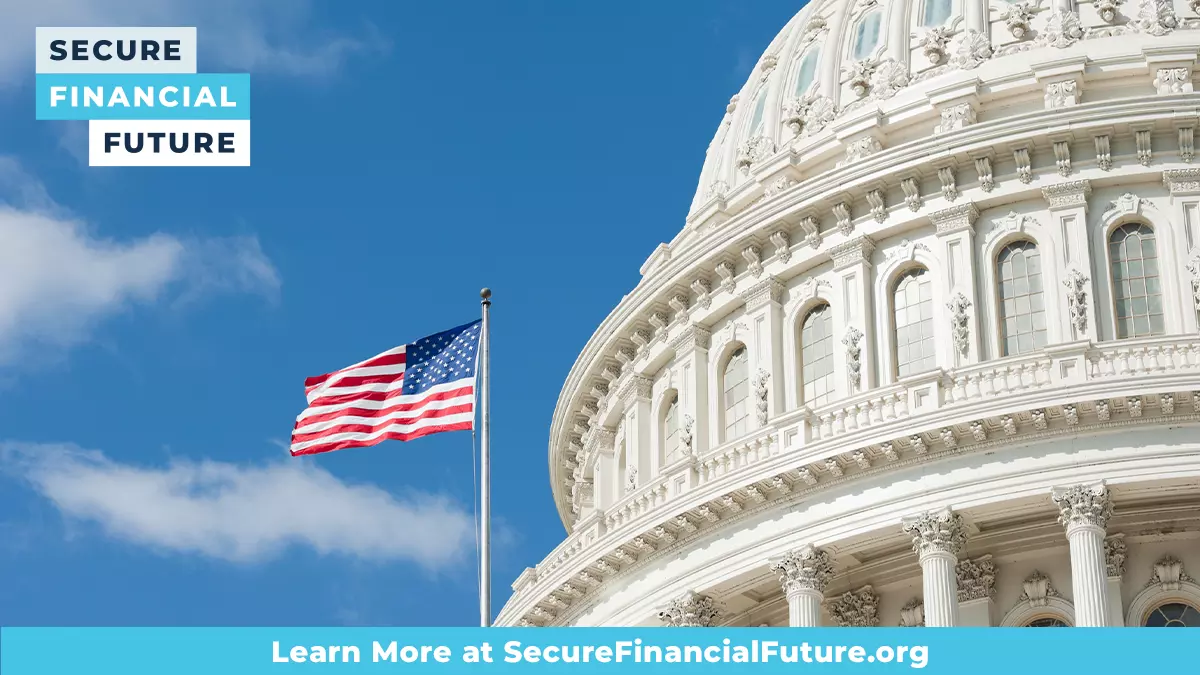Staying Informed: DC Update for Investors & Retirement Savers

Laws and regulations change quickly, which can often can have a significant impact on the investment options available for retirement savers. With so much happening in Washington, we’ve put together a quick update to help you keep track of it all.
The US House of Representatives passed the Financial Exploitation Prevention Act earlier this year. The bill would provide the financial industry with better tools to address suspected financial exploitation and abuse of seniors and those with mental and physical disabilities.
- Financial exploitation of older adults is a serious problem that affects a significant number of senior citizens. Approximately 20% of senior investors fall victim to financial fraud each year, resulting in an estimated loss of $2.9 billion.
- By 2030, seniors are expected to make up 18% of the total population, and as more people retire, their vulnerability to financial fraud is likely to increase.
In an April Mark-up, the House Financial Services Committee also passed the Improving Disclosures to Investors Act, which will make it easier for investors to receive important financial statements electronically. Whether it’s applying for a loan, checking an account balance, or splitting a restaurant tab among friends, Americans expect the benefits and convenience of having their finances online.
This bill will modernize the way investors receive investment fund communications, such as account statements and shareholder reports, by making electronic delivery standard for everyone. This would help more people access and understand these important financial disclosures while protecting the option for anyone who wishes to receive a paper copy by mail.
Another bill that recently passed out of the House Financial Services Committee is the Increasing Investor Opportunities Act. This legislation would expand opportunities for retail investors to access private investments through closed-end funds, which offer the robust investor protections of regulated funds. It also will strengthen the closed-end fund structure by eliminating a loophole that activist investors have used to extract short-term profits to the detriment of long-term retail shareholders.
The House Financial Services Committee also passed legislation to give 403(b) plan participants equal treatment with other retirement savers. The Retirement Fairness for Charities and Educational Institutions Act of 2023 would provide 403(b) plan participants access to the same broad range of cost-efficient and diversified investment options that are available in 401(k) plans by allowing them to invest in collective investment trusts (CITs). Teachers, nurses and other hospital workers, and employees of charities and non-profit institutions would have more options to save for their future. Overall, this would make investing more equitable for retirement savers.
In addition to moving several pieces of important legislation, the House Financial Services Committee also held an oversight hearing with Securities and Exchange Commission (SEC) Chair Gary Gensler. Many members highlighted problems with the SEC’s proposal to reform open-end fund liquidity risk management programs. The SEC has proposed two rules to address liquidity, one for money market funds and one for open-end funds. The proposals have been strongly criticized by the asset management industry as unworkable and bad for investors. The swing pricing mandate for mutual funds would force funds to ‘swing’ their price, artificially changing their net asset value on any given day that flows in or out of a fund are deemed to be too great. The agency has also proposed to cut off orders as the clock strikes 4 p.m. on the East Coast.
With 63 percent of 401(k) plan assets held in mutual funds, this proposal is a threat to people working to secure their financial future in retirement.
It's clear that lawmakers are taking steps to change the way we invest. As an investor, it's important to stay informed about the potential impact of these bills.
Join Secure Financial Future to stay informed. With knowledge and advocacy, you can help shape the future of investing and protect your financial future.

